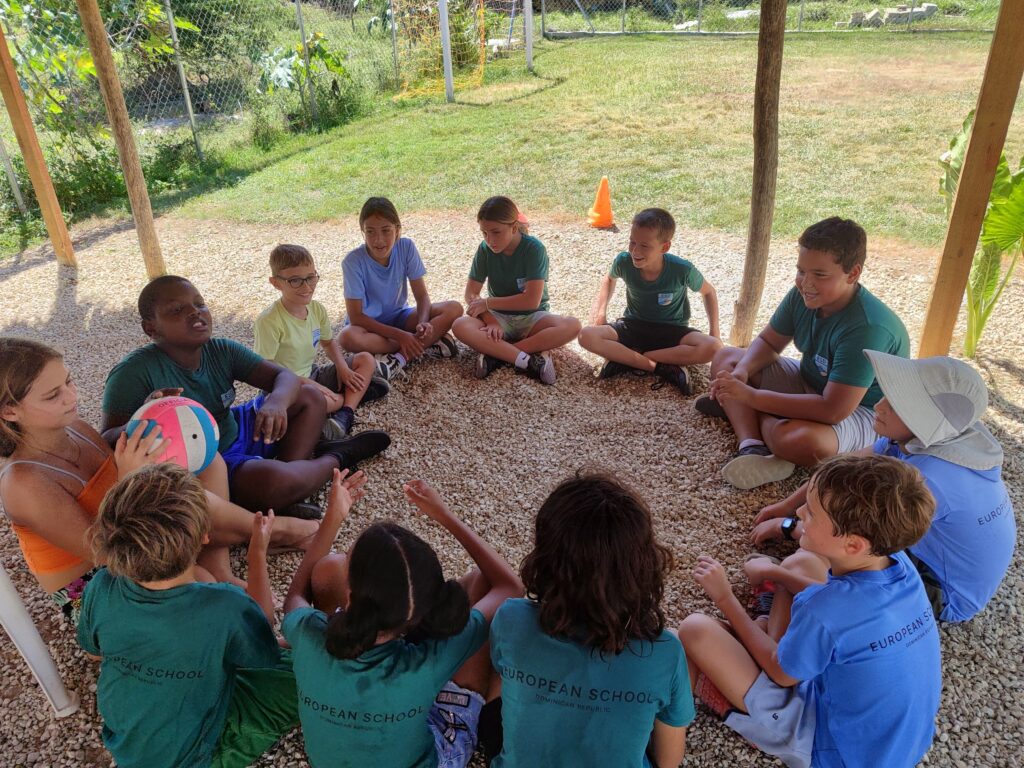
In a society obsessed with speed, where the present moment is glorified and frustration is seen as an enemy to be conquered, boredom has been relegated to the status of a plague. Yet, far from being a negative state, boredom is a fertile ground for the development of imagination, creativity, and autonomy in children. This “forced inactivity” offers a unique opportunity for them to let their minds run free, connect with their inner world, and develop essential skills for their well-being.

Screens: A Mirage for Imagination?
Faced with boredom, the immediate and tempting solution is often the screen. Tablets, smartphones, and video games promise to entertain children, keep them busy, and “stimulate” them. But this solution, while convenient, only offers an illusion of stimulation. Indeed, excessive screen time hinders the development of imagination. Children, confronted with pre-digested information and constant stimulation, lose the ability to create their own stories, games, and solutions.
Scientific studies confirm this finding:
“The Impact of Digital Media on Children’s Development” (2019) by the National Academy of Sciences, Engineering, and Medicine highlights that excessive screen use in children can harm their language, social, and emotional development.
“The Digital Disconnect: The Growing Epidemic of Social Isolation in the Age of the Internet” (2019) by Jean Twenge highlights the negative impact of social media on the mental health of adolescents, particularly in terms of loneliness and depression.
School: A Playground for Learning
The excessive use of tablets and computers in school is also a cause for concern. Although digital tools can be valuable learning aids, it is essential not to use them as a substitute for books and human interaction.
Scientific studies show that learning through play, exploration, and manipulation of concrete objects promotes children’s cognitive development. Dr. Diane Snowball, a professor of education at the University of Iowa, explains that “learning through play allows children to develop their problem-solving, creativity, and critical thinking skills.”
At ESD European School in Cabarete, Dominican Republic, a US accredited school, we have chosen to prioritize a pedagogical approach based on learning through play, manipulation, and reflection. We offer a bilingual curriculum with English, Spanish, and even French, nurturing students’ global understanding. Children only use computers for two hours a week starting in the 5th grade, for computer science classes, while prioritizing books, notebooks, and teamwork. Projects focused on developing critical thinking and finding solutions occupy an important place in learning.
The Importance of “Boredom”, at home, in Child Development:
Boredom is therefore a feeling that should be encouraged, not fought. When a child is bored, they are free to invent games, create stories, ask questions, and find solutions. This develops their creativity, imagination, ability to concentrate, and problem-solving skills.
The absence of boredom can have negative consequences on a child’s development:
– Lack of creativity and imagination: the child becomes accustomed to external stimulation and loses the ability to invent stories and games.
– Decreased concentration and attention: the child is constantly stimulated by external stimuli and struggles to focus on a single task.
– Decreased autonomy and problem-solving ability: the child depends on the help of adults for entertainment and to solve simple problems.

– Suggest games and creative activities: board games, construction toys, painting, drawing, music, writing, etc.
– Let the child “complain” a little bit; don’t try to entertain them constantly. Allow them to settle into their ‘boredom‘—meaning this state of ‘no action’ between two activities.
– Encourage reading: offer books adapted to the child’s age and suggest moments of quiet reading.
